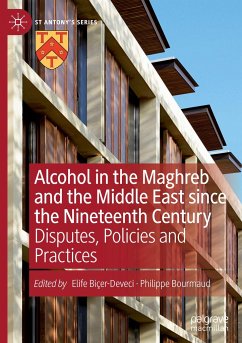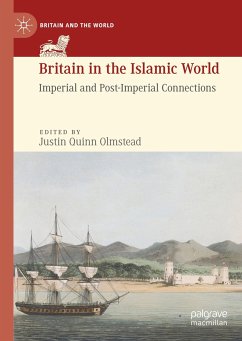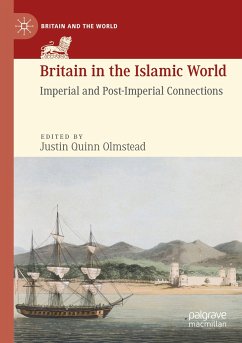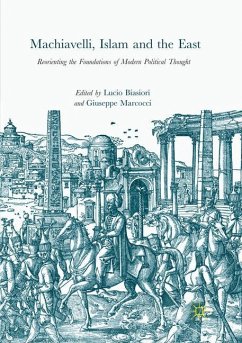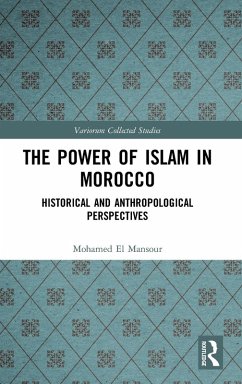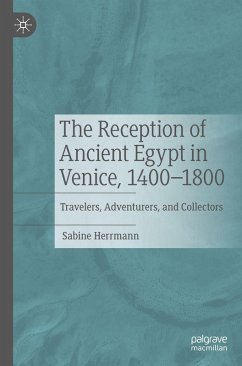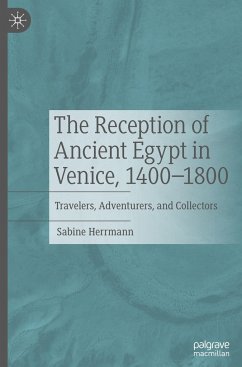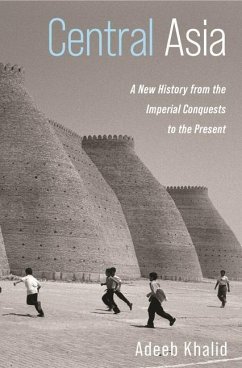
Alcohol in the Maghreb and the Middle East since the Nineteenth Century
Disputes, Policies and Practices
Herausgegeben: Biçer-Deveci, Elife; Bourmaud, Philippe
Versandkostenfrei!
Versandfertig in 6-10 Tagen
113,99 €
inkl. MwSt.

PAYBACK Punkte
57 °P sammeln!
This book explores the significance of alcohol in the Middle East and Maghreb as a powerful catalyst of social and political division. It shows that the solidarities and polarities created by disputes over alcohol are built on arguments far more complex than oppositions on religion or consumption alone. In a region in which alcohol is banned by Islamic rules, yet allows its production and consumption, alcohol has always been contentious. However, this volume examines the different forms of social authority - religious, cultural and political - to offer a new understanding of drinking behaviour...
This book explores the significance of alcohol in the Middle East and Maghreb as a powerful catalyst of social and political division. It shows that the solidarities and polarities created by disputes over alcohol are built on arguments far more complex than oppositions on religion or consumption alone. In a region in which alcohol is banned by Islamic rules, yet allows its production and consumption, alcohol has always been contentious. However, this volume examines the different forms of social authority - religious, cultural and political - to offer a new understanding of drinking behaviours in the Middle East and North Africa. It suggests that alcohol, being at the same time an import and product of local industry, epitomises the tensions inherent to the conforming of Islamic societies to global trends, which seek to redefine political communities, social hierarchies and gender roles. The chapters challenge common misconceptions about alcohol in this region, arguing instead that medical discourses on alcohol dependency hide stances on national independence in an imperialist context; that the focus on religion also tends to conceal disputes on alcohol as a social struggle; and that disputes on inebriation are more about masculinity than judging private leisure. In doing so, the volume presents alcohol as a way of grasping the power relations that structure the societies of the Middle East and Maghreb.





